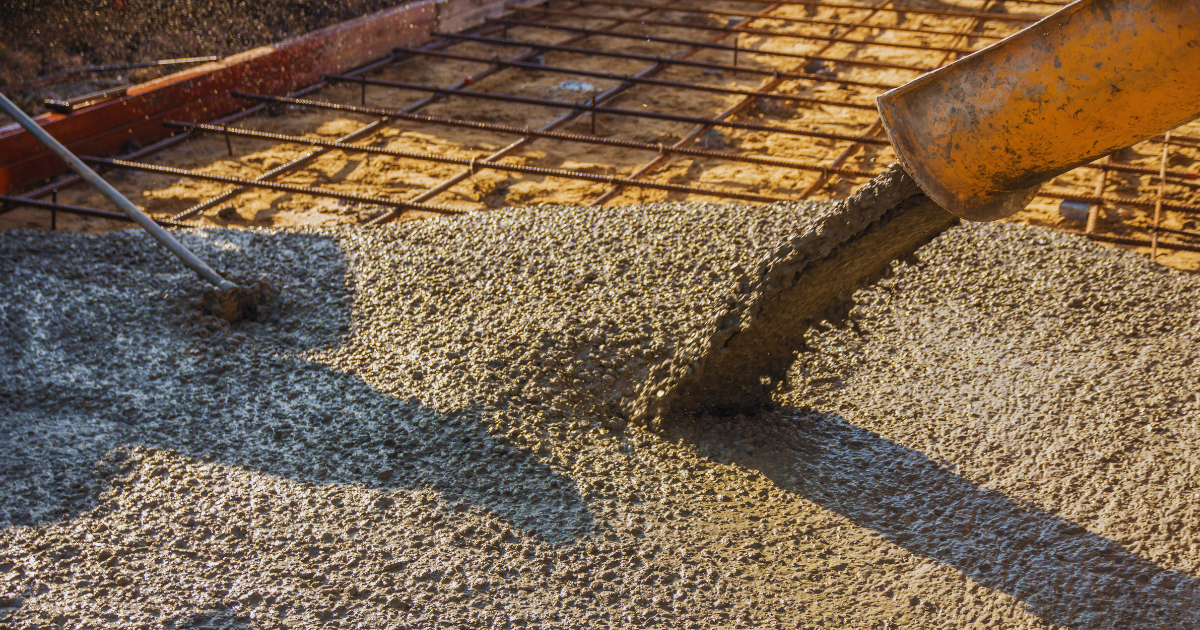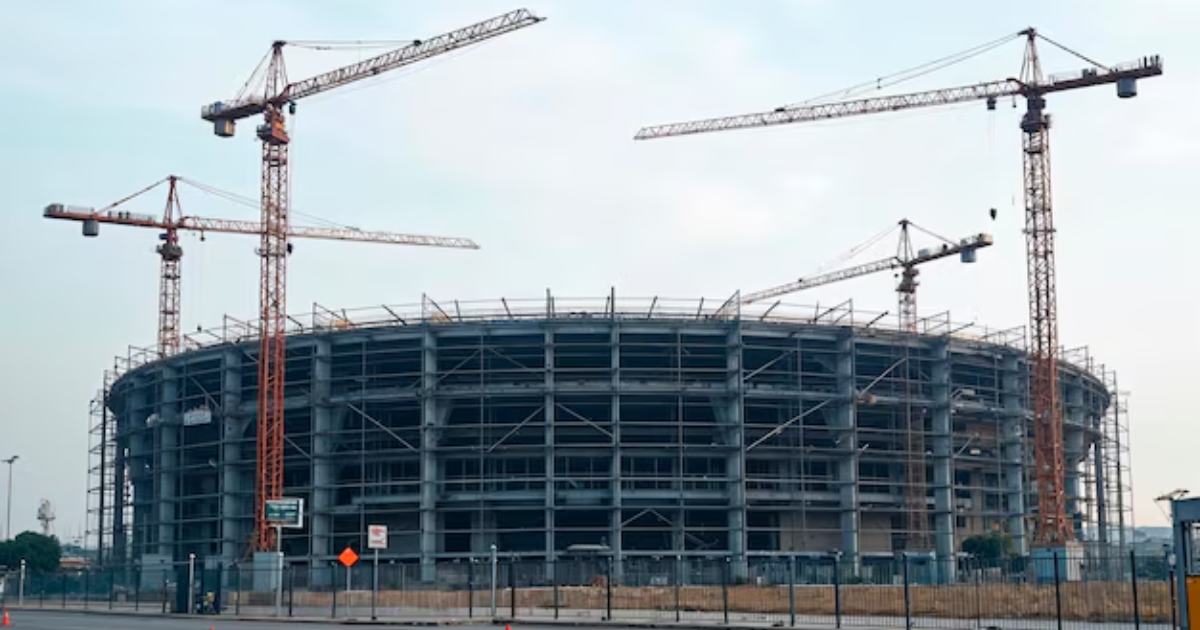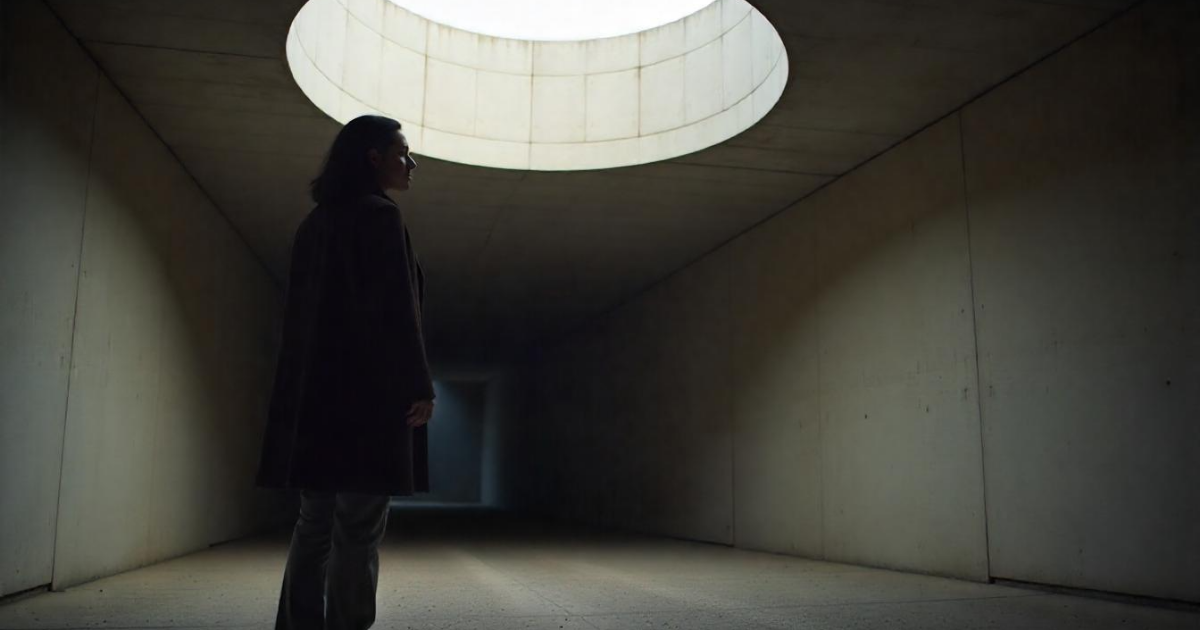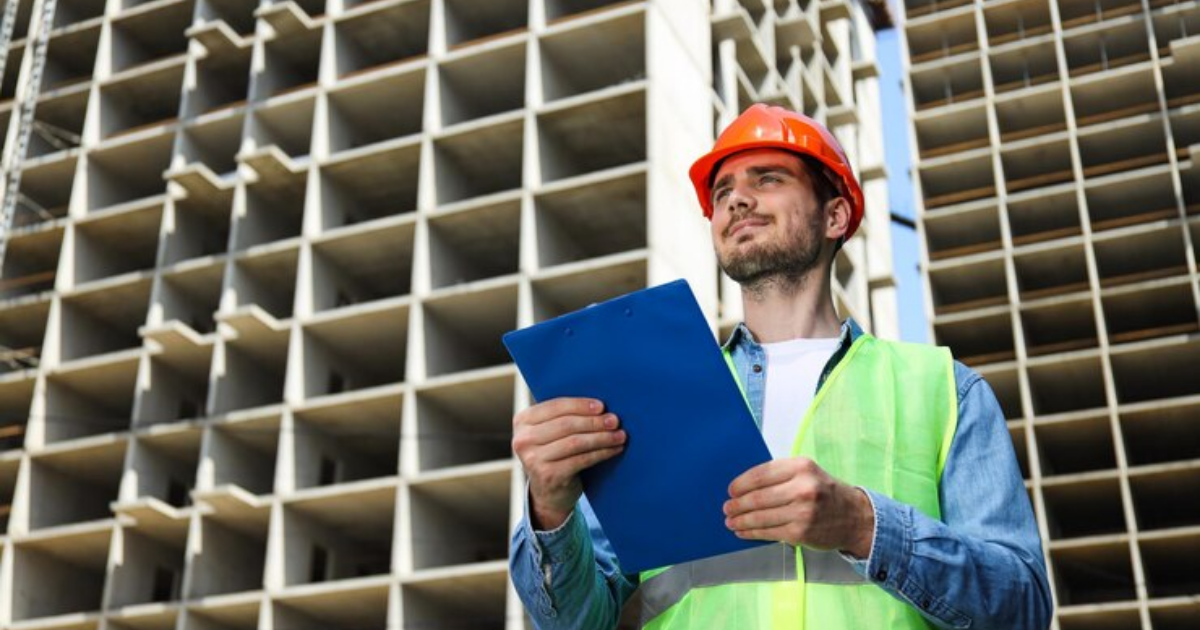When it comes to any construction project, understanding the cost of wall construction is a fundamental step. Walls serve not only as structural elements but also as partitions, aesthetic features, and insulation components. The cost of wall construction can vary significantly based on factors such as the type of material used, labor, location, and the specific requirements of the project. In this guide, we’ll break down the primary factors influencing the cost of wall construction, helping you make informed decisions when planning your next building project.
Factors Affecting the Cost of Wall Construction
Several factors come into play when determining the cost of wall construction. These include:
1. Type of Material
The materials chosen for wall construction play a significant role in determining the overall cost. Different materials come with varying price points, and the choice largely depends on the purpose of the wall, the building’s location, and your budget. Here are a few commonly used materials:
- Bricks: Traditional bricks are often used in residential buildings. The cost of brick walls depends on the quality of the brick and the location of the project.
- Concrete Blocks: These are often used for durable walls, especially in commercial or industrial constructions. The cost of concrete blocks may be slightly higher than bricks, but their strength and durability make them a popular choice.
- Wood: Timber or wooden walls are more common in certain regions and climates, particularly for interior walls. The cost of wooden walls varies depending on the type of wood used.
- Drywall/Plasterboard: These materials are often used for interior walls in both residential and commercial constructions. They are relatively affordable but may not offer the same durability as brick or concrete walls.
- Stone: Stone walls are typically more expensive due to the cost of material and labor but offer a unique, long-lasting aesthetic.
2. Wall Dimensions
The height, thickness, and length of the wall significantly impact the cost of wall construction. A taller or thicker wall will require more materials and labor, which increases costs. Additionally, any additional features such as insulation, windows, or reinforcement will add to the overall expense.
3. Labor Costs
The cost of wall construction also depends on labor costs, which can vary based on location and the complexity of the job. In regions where skilled labor is in high demand, labor costs may form a large portion of the budget. Materials like stone or decorative brick require specialized skills, which can increase labor charges.
4. Foundation and Reinforcement
Some walls require a deeper or more reinforced foundation, particularly if they are load-bearing or part of a large structure. Reinforcements like steel bars or mesh add to the cost of wall construction, but they are necessary for safety and durability.
5. Location and Accessibility
The project’s location plays a key role in determining the overall cost of wall construction. Urban areas, where materials need to be transported through narrow streets or where labor costs are higher, will incur higher costs. In remote locations, transportation costs for materials and labor can increase expenses.
6. Additional Features
Depending on the wall type, features such as insulation, soundproofing, or waterproofing will increase the cost of wall construction. External walls in colder climates may require thermal insulation, while walls in high-noise environments may need soundproofing.
Cost Breakdown of Wall Construction in India
Now that we’ve covered the main factors, let’s look at a more detailed breakdown of the costs involved in wall construction in India. The following are average estimates of the components that contribute to the cost of wall construction:
1. Material Costs
- Bricks: ₹6 – ₹10 per brick, depending on quality and location
- Concrete Blocks: ₹30 – ₹60 per block
- Drywall: ₹300 – ₹500 per sheet (4×8 feet)
- Stone: ₹800 – ₹2,500 per square foot, depending on the type of stone
- Wood: ₹200 – ₹600 per square foot, depending on the type of timber
2. Labor Costs
Labor charges typically range from ₹300 to ₹800 per square foot, depending on the region and skill level required for the project. For example, installing brick or stone walls might require more experienced workers, increasing the labor cost.
3. Foundation and Reinforcement Costs
The cost of laying the foundation and reinforcing the walls may add ₹400 to ₹800 per square foot to the total cost of wall construction. Reinforcement with steel bars or mesh typically adds another ₹150 to ₹300 per square foot.
4. Finishing Costs
After constructing the walls, additional finishing such as painting, plastering, or applying external render will also contribute to the cost of wall construction. On average, finishing a wall could cost anywhere between ₹200 to ₹500 per square foot.
5. Insulation and Soundproofing
If the wall requires insulation, such as for external walls, this can add another ₹150 to ₹400 per square foot. Soundproofing materials, if required, would add an additional ₹250 to ₹500 per square foot, depending on the level of soundproofing required.
How to Reduce the Cost of Wall Construction
If you’re looking to reduce the cost of wall construction without compromising on quality, here are a few strategies to consider:
1. Choose Cost-Effective Materials
Opting for affordable materials can significantly reduce the overall cost of wall construction. For example, using drywall instead of bricks for interior partitions or choosing concrete blocks over stone for exterior walls can help manage costs.
2. Efficient Use of Labor
By planning your project efficiently, you can reduce labor costs. Ensure that the construction crew is experienced and capable of completing the project on time. Delays can increase labor costs, so having a clear timeline and plan is crucial.
3. Modular Construction
Modular construction techniques can speed up the process and reduce costs. This involves building sections of the wall off-site and assembling them on-site, reducing labor and time on-site.
4. Recycling Materials
Consider using recycled or reclaimed materials for construction. This not only reduces environmental impact but can also lower material costs. Using reclaimed bricks or recycled concrete blocks can help cut down on expenses.
Conclusion
The cost of wall construction depends on various factors, including materials, labor, and additional features. By carefully considering the type of material, wall dimensions, labor charges, and reinforcements, you can better estimate the total cost for your project.
While the cost of wall construction can vary, planning efficiently, choosing the right materials, and being mindful of labor costs can help you achieve a balance between quality and budget. Whether you’re building a simple partition or a load-bearing structure, understanding the costs involved ensures a smoother construction process with fewer surprises along the way.
By keeping the above factors in mind, you’ll be well-prepared to manage the cost of wall construction while achieving the strength, durability, and aesthetics that your project demands.







